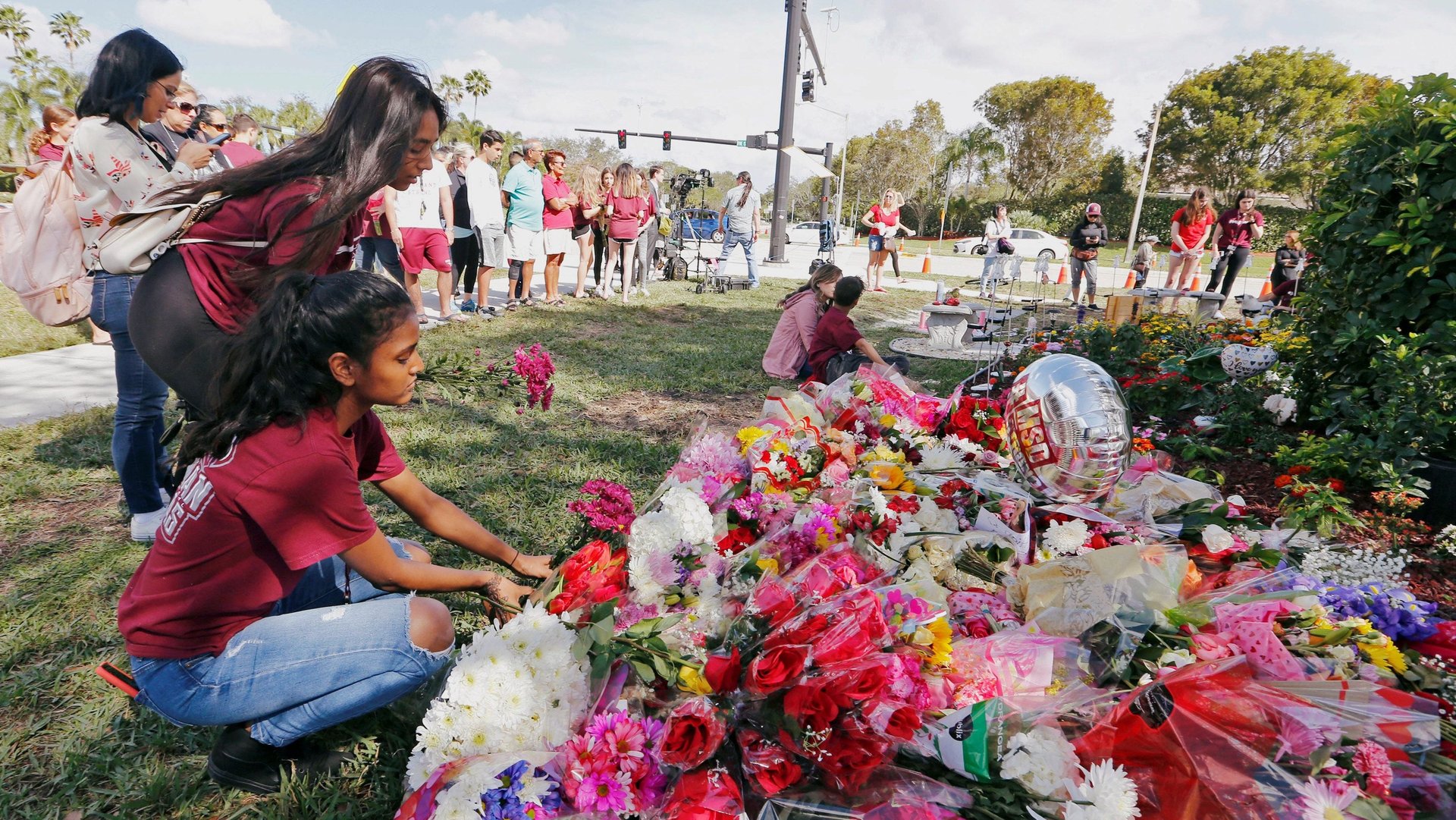Facebook content moderators end up believing conspiracy theories spread on the platform
Some moderators tasked with policing content on Facebook end up believing conspiracy theories spread on the platform, reports Casey Newton at The Verge.


Some moderators tasked with policing content on Facebook end up believing conspiracy theories spread on the platform, reports Casey Newton at The Verge.
It’s just one of the pernicious side effects of the job, according to the scathing report, with low-paid contractors hired by Facebook in the US describing symptoms of post-traumatic stress disorder and terrible working conditions.
But the phenomenon underscores just how insidious misinformation on social media can be.
One moderator said a coworker often spoke about his belief that the Earth is flat and would try to convince others that this was true, while another said a colleague talked about “the Holohoax,” seemingly a sign of Holocaust denial. “Conspiracy theories were often well received on the production floor, six moderators told me,” Newton writes.
With some exceptions, conspiracy theories are not banned from Facebook, since the platform’s community guidelines do not prohibit posting false claims. Facebook CEO and founder Mark Zuckerberg said in an interview with Recode’s Kara Swisher last year that “everyone gets things wrong,” and that taking them down would be “too extreme.”
And so conspiracies thrive on the platform. They migrate there from the fringes of the internet, and are able to spread quickly. This is in part thanks to the massive size of Facebook’s user base, and to its demographic diversity—older users may be more prone to getting tricked into joining conspiracy groups, and are generally more likely to disseminate misinformation.
The people in the Verge article aren’t in that age group—Newton describes an office filled with people in their 20s and early 30s. Especially concerning is the fact that they’re specially trained to spot and analyze bad content.
But it also makes sense that they would end up believing them.
Newton writes that after the Parkland shooting, the moderators were initially horrified, but as more theories began appearing on Facebook and Instagram, some of them began questioning the generally accepted version of events.
“They were saying, ‘Oh gosh, they weren’t really there. Look at this CNN video of David Hogg—he’s too old to be in school,’” one moderator told Newton about her colleagues who started falling for the conspiracy. Facebook said at the time such claims were not allowed on the platform, since they attacked the victims—so moderators were tasked with removing them.
The moderators are exposed to a multitude of conspiracy theories, likely in quick succession. And research suggests that if you believe in one conspiracy theory, it’s much more likely that you’ll believe in more, Jan-Willem van Prooijen, professor of psychology at The Vrije Universiteit Amsterdam, wrote in a piece for NBC Think last year.
“Conspiracy theories reinforce a belief that nothing in the world happens through coincidence. This refusal to recognize the role of chance leads people to develop a worldview in which hostile and secret conspiracies permeate all layers of society.”
What’s more, he says, anxiety and uncertainty power conspiracy theories. According to the Verge piece, and similar reporting over the last several years, the lives of content moderators are filled with both.
One of the people Newton interviewed, who developed a belief that 9/11 was not a terrorist attack, sleeps with a gun, and was diagnosed with PTSD and generalized anxiety disorder after working as a contractor for Facebook.
Deluged with information, it’s also easy to become uncertain about what is true, and what isn’t.
Even researchers who study online falsehoods say that once you’re down an internet rabbit hole, it’s difficult to come out, journalist Laura Hazard Owen noted on Twitter. She describes in a piece for Nieman Lab a 2018 talk by Kate Starbird, professor at the University of Washington who examines the use of social media during crises.
Starbird would read and examine lot of conspiracy content on the internet.“When you do this kind of thing, you should keep a rope around your ankle and have someone to pull you back up,” she said during the talk. “This is a really disorienting part of the Internet.”
Conspiracy thinking, is “very sticky,” Starbird said. “Once you’re down there, it’s so hard to get out, and it’s hard to think of solutions.”